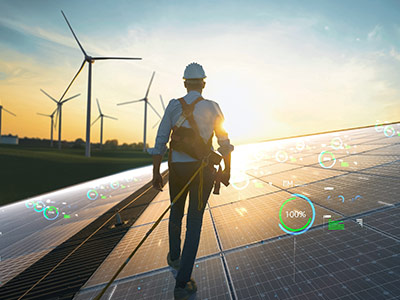
Novel materials and modern statistics for energy applications
This trio of short presentations will bring physicists and mathematicians together to discuss the role of novel materials and statistics in the path to sustainability. The talks will focus on three principal trends of research: 1) the use of innovative fabrication techniques to enhance both optical and thermoelectric properties of structural layers used for energy harvesting applications, 2) the deployment of nonparametric statistics for estimating intermittent and stochastic quantities arising from integrating renewable resources into currently existing power systems, and 3) the development of environmentally friendly materials with profound new properties stemming from the utilization of nanoparticles in combination with polymer matrices.
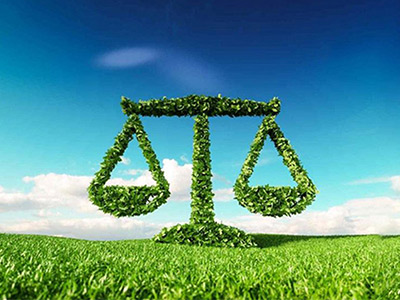
How to compensate Damages to Nature?
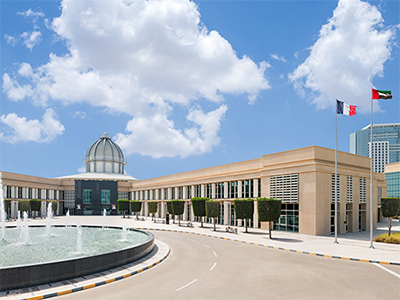
Meet our student recruitment team
at the Greening Education Hub
SUAD Admin Staff

Greening Information Management for Sustainable Development
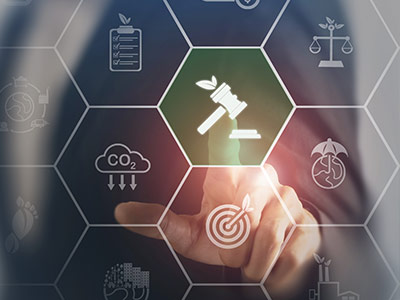
Harnessing the Power of Digital Technologies to Address the Climate Crisis: Challenges and Achievements
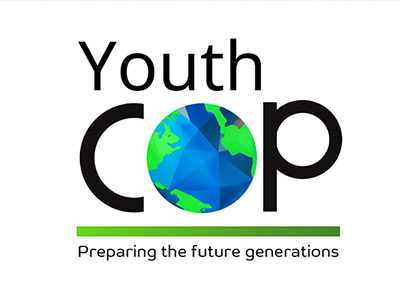
SUAD Youth COP ceremony 2023
The YOUTH COP is an entirely virtual mock negotiation of the United Nations Framework Convention on Climate Change (UNFCCC) Conference of the Parties (COP), organised by Sorbonne University Abu Dhabi in partnership with the Université Paris Cité and the Universidade Federal do Ceara. The project aims to provide a platform for university students from diverse backgrounds and regions worldwide to: 1. Develop critical thinking about climate change challenges. 2. Understand and promote the roles of states and international organizations in shaping global climate policies. 3. Improve interpersonal skills such as teamwork, compromise, and conflict resolution. By offering students the opportunity to engage in simulated COP process, the project helps build a more informed and empowered youth community ready to advocate for sustainable solutions on the global stage. The project has selected 25 teams (75 students) to simulate real-world climate challenges through 3 days of active negotiation, representing 25 different UNFCCC member states. They will discuss and produce documents on three proposed themes: Oceans, Loss and Damage Mechanism, and Energy Transition.
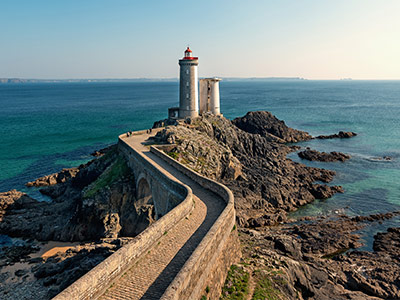
Monitoring the ocean, a key for
climate sciences
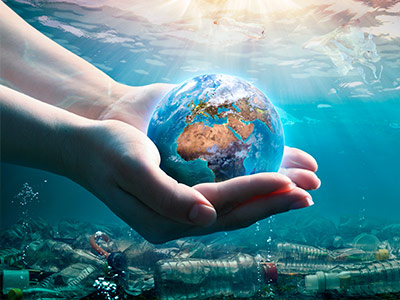
Oceans & Climate Justice
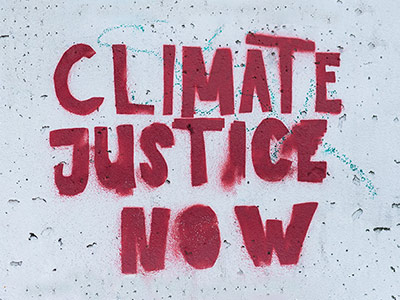
Towards a just energy transition: challenges for North-South and
South-South cooperation
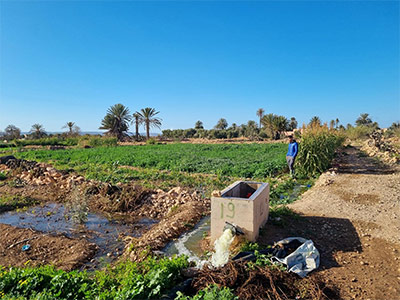
Oasis agri-urban metabolism as a source of paleo-innovation for
coping with global warming
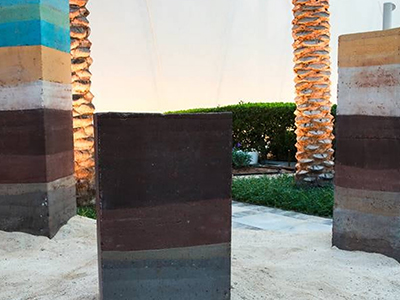
Heritage, Art market, and Eco-responsibility
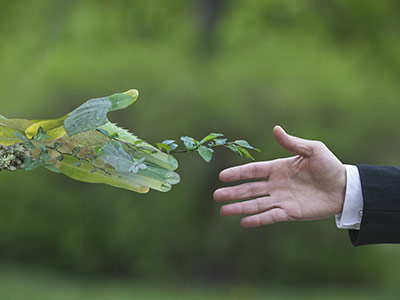
Corporate Sustainability

Integrating Indigenous’ Perspectives into Higher Education Curricula
Dr Beatriz Maria Garcia de Oliveira, SUAD
Prof Brendan Mackey, Director of the Griffith Climate Action Beacon at Griffith University, Queensland, Australia
Jaciara Sousa de Vasconcelos, Indigenous Youth leader, Engajamundo Youth Association
Paulo do Nascimento Galvão, Indigenous Youth leader, Engajamundo Youth Association
Cassio Inglez de Sousa, Anthropologist, Comtexto Consultoria
This panel aims to explore the integration of Indigenous perspectives and content into higher education. It will facilitate discussions on educational experiences, effective pedagogical approaches, and contemplate an initial roadmap for curriculum development. The panel will also address strategies for evaluating the impact of introducing Indigenous perspectives into university curricula.
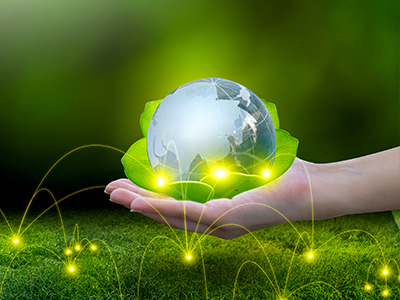
The environmental question in the media: stakes, actors & discourse
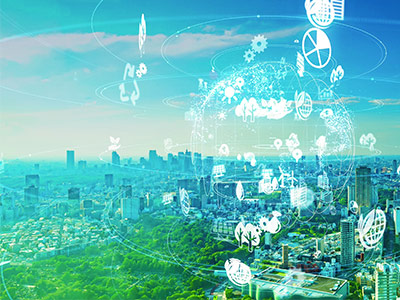
City of Challenges: Towards Eco-Technological Innovation? Examples from Morocco and South Korea
Prof Patrizia Ingallina (SU, Paris-MEDIATIONS)
Marco Carlotti (SU, Paris-MEDIATIONS)
Dr Jungyoon Park (Moung-Ji University Seoul)
Necessary cookies enable the website to function properly. If you accept, we, along with our partners, will also use analytics, advertising, social media cookies and other trackers, whose the details of the purposes are accessible from the button “Set Preferences”.
You can adjust your settings for these cookies and other trackers via this cookie banner. For more information, please check out our cookies policy.